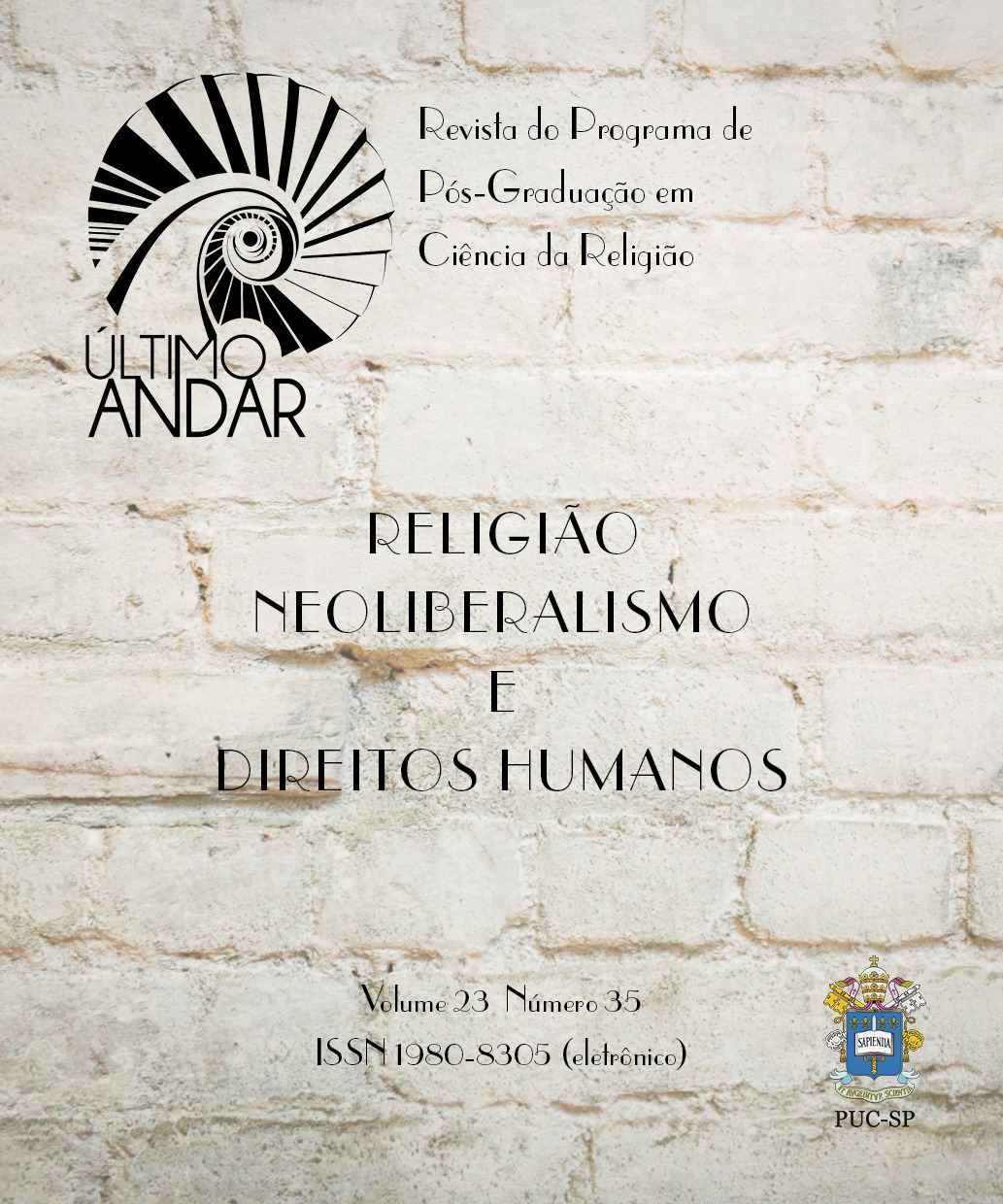O ESTOICISMO E O CETICISMO: AS DUAS VIAS FILOSÓFICAS PARA A CONSTRUÇÃO DO PARADOXO ENTRE GRANDEZA E MISÉRIA EM BLAISE PASCAL
DOI:
https://doi.org/10.23925/1980-8305.2020v23i35a8Abstract
Blaise Pascal is the philosopher of the paradox, because, for him, the truth is the meeting of opposites. In his anthropology, man is analyzed as a paradoxical being, at the same time big and small, weak and strong, big and miserable. These contradictions are present in all men, but most philosophers throughout the history of Western thought have seen only one side, that is, they have a unilateral and limited view of man. This article aims to analyze the two philosophical ways in which Pascal constructs the paradox between greatness and misery, as fundamental to the study and understanding of man. To this end, he especially supports two philosophers, Epiteto and Montaigne, showing that the 'truth' of each philosophical chain operates as a disqualification from the 'truth' of the other. But for Pascal, the true understanding of man, is in the meeting of these two contradictory dimensions, that is, paradoxical.Downloads
Published
How to Cite
Issue
Section
License
The Authors maintain the copyright and grant the journal the right to first publication, with the work simultaneously licensed under the Creative Commons Attribution License that allows the sharing of the work with acknowledgment of authorship and initial publication in this Journal.
Authors are authorized to assume additional contracts separately, for non-exclusive distribution of the version of the work published in this journal (eg, publishing in institutional repository or as a book chapter), with acknowledgment of authorship and initial publication in this journal.
Authors are allowed and encouraged to publish and distribute their work online (eg in institutional repositories or on their personal page) at any point before or during the editorial process, as this can generate productive changes, as well as increase impact and citation of the published work.


